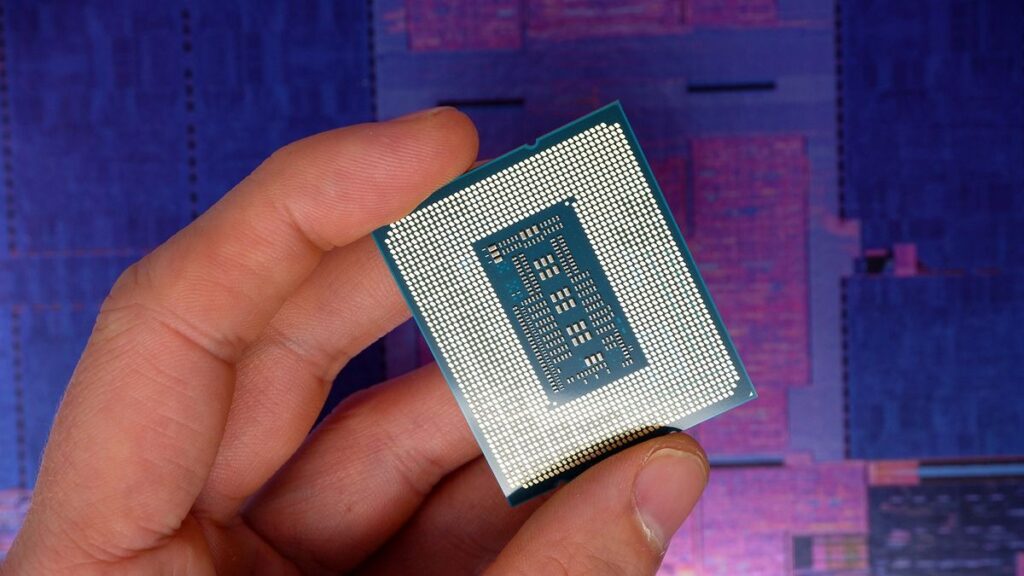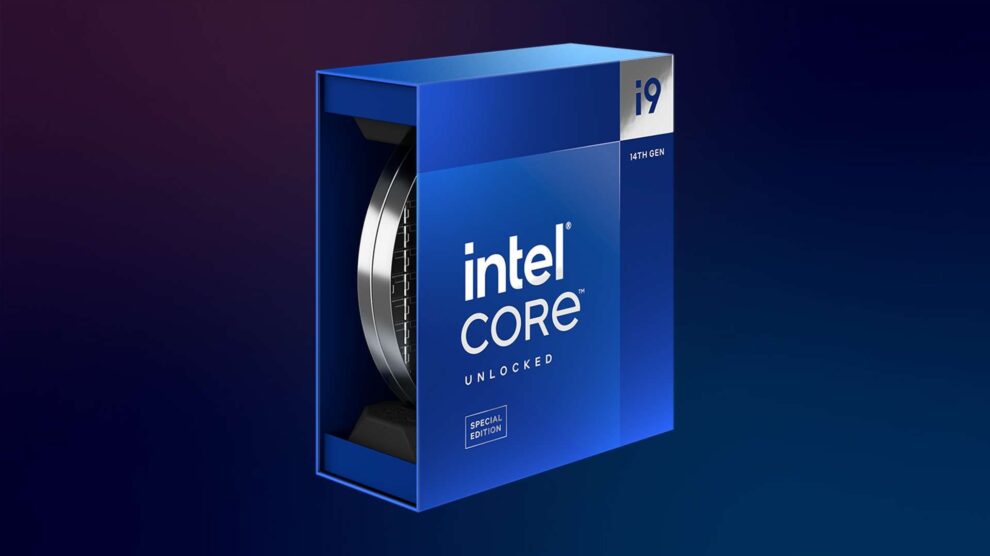
Q1: What exactly is going on with these Intel CPUs?
In a nutshell, some of Intel’s newest processors – we’re talking 13th Gen (Raptor Lake) and 14th Gen (Raptor Lake Refresh) – have been throwing tantrums. Users have reported random crashes, system freezes, and those dreaded Blue Screens of Death (BSODs). It’s like these CPUs are having a bad hair day… every day.
Q2: Which specific CPU models are affected?
While we don’t have an exhaustive list, it seems the issues are most prevalent in high-end models like:
- 13th Gen: Core i9-13900K, Core i7-13700K
- 14th Gen: Core i9-14900K, Core i7-14700K
But keep in mind, other models in these generations might also be affected to some degree.
Q3: What’s causing these CPUs to misbehave?
Intel has pointed the finger at a microcode algorithm issue that’s causing elevated CPU voltages. Essentially, the CPUs are getting a bit too “juiced up,” leading to instability. It’s like someone accidentally turned the volume up to 11 when it should be at a comfortable 7.
Q4: Is there a fix available?
Intel is working on a microcode update to address the voltage issue. In the meantime, some users have found success with these workarounds:
- Undervolting the CPU (Warning: This is for advanced users and can potentially void warranties)
- Disabling certain power-saving features in BIOS
- Updating to the latest BIOS version from your motherboard manufacturer
Remember, these are temporary solutions, and it’s best to wait for Intel’s official fix if you’re not comfortable tinkering with your system.
Q5: Will fixing this issue impact my CPU’s performance?
That’s the million-dollar question! While we don’t have concrete numbers yet, there’s a possibility that addressing the voltage issue might slightly reduce peak performance. However, the trade-off for stability is likely worth it for most users. After all, a slightly slower stable system is better than a faster one that crashes randomly!
Q6: I just bought one of these CPUs. Can I return or replace it?
This depends on where you purchased your CPU and their return policies. Some retailers might be more lenient given the widespread nature of the issue. It’s worth reaching out to the seller or Intel directly to discuss your options.
Q7: Should I hold off on buying a 13th or 14th Gen Intel CPU?
If you can wait, it might be wise to hold off until Intel releases the official fix and we see how it impacts performance. If you absolutely need a new CPU now, consider looking at alternative options or be prepared to potentially deal with some instability until the issue is fully resolved.
Q8: How can I stay updated on this situation?
Keep an eye on:
- Intel’s official support pages and social media channels
- Tech news sites for the latest developments
- Your motherboard manufacturer’s website for BIOS updates
Wrapping Up: Patience is a Virtue
While this situation is frustrating for many users, it’s important to remember that complex tech sometimes has hiccups. Intel is aware of the issue and working on a solution. In the meantime, if you’re experiencing problems, try the suggested workarounds or reach out to Intel support for guidance.
Have you been affected by these CPU issues? Or do you have any other questions we didn’t cover? Drop a comment below and let’s keep the conversation going!










Add Comment